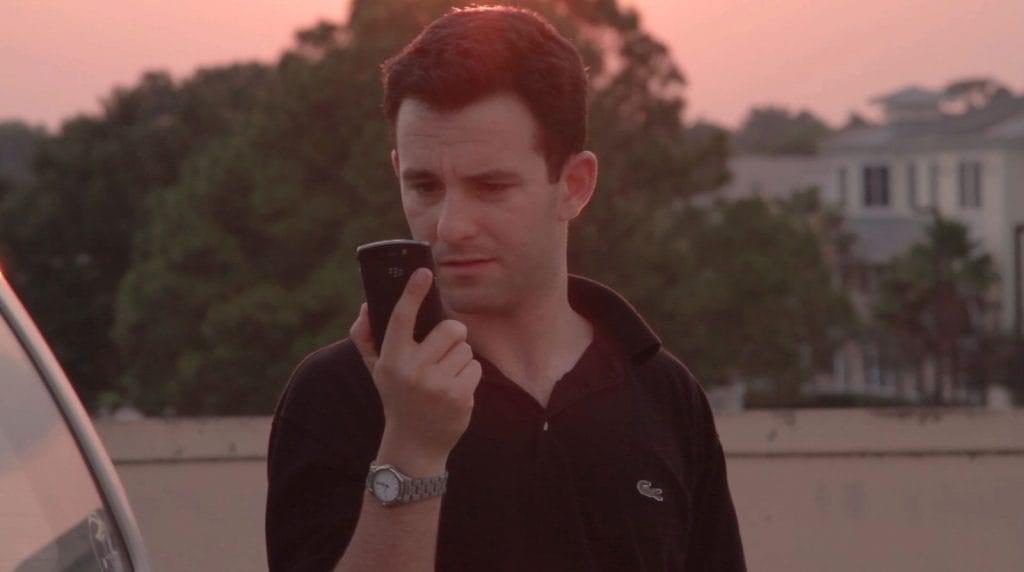
The hoopla surrounding the aptly named “”Snakes on a Plane” was disturbing for about thirteen thousand reasons. The most important one, however, was that it gave the masses some sort of credibility and authority over how a movie is made, and the media covered that aspect almost exclusively. It turned a passive entertainment experience into a truly interactive one … and other films like that fanboy wet-dream “”The Transformers” are following suit. What does that bode for the film industry? Nothing good — sorta.
It’s been known for ages that studios run films by test audiences and then often make changes based on the feedback received. While that is a form of interactivity, it’s not on a large, meaningful scale. The test is kind of controlled, and the audience limited. While I would agree that almost seems like a worse way to make changes, it’s only when large groups of people start putting their hands into the bowl that I get really scared.
When any moron with an Internet connection can start suggesting scenes and dialogue, and those suggestions are given credence (or worse yet — used), it spells doom for the actual creative process. Granted, most films that would use such devices are probably going to be pure crap anyway, but that mindset will eventually pollute even the artistic ventures.
The fact is, not everyone is creative. Some people who are creative, may not be creative in a story telling manner. Do we really want these people deciding scenes and dialogue in a film? Not if you have any sense about you. Why would anyone want to pay for a movie where any Dick or Jane could throw out an idea and have the best ones stick? Wouldn’t you want to see a film that was created by people who actually have some sort of clue as to what they are doing? I know I would. Why? Look at what most people like.
Sex, violence, car chases and explosions are pretty much the meat in the general American’s entertainment diet. The sex can’t be too graphic or kinky, however. The violence can’t be too realistic or gratuitous. And you can’t show stuff like the World Trade towers blowing up without some controversy. In other words, most people like their entertainment over the top, but bland. There’s no sense of story, style or symbolism. They just want loud, fast and hard — a two minute thrill to match their love making techniques. Me? I want more.
When I pay to see a movie, I pay to see someone’s vision, not the ideas of some “”Naruto” worshipping basement dweller. I want to see art (or solid entertainment), not toss-off lines that any nitwit could’ve come up with.
“”Snakes on a Plane” sounded like a good B-movie, though that was being generous. Then I heard about the population participation and I nixed ever going to see it. As for “”The Transformers,” well, I never planned on seeing it, so finding out the filmmakers were going to let some lucky fool write a line for the movie was just one more reason to hate those silly robots and the Peter Pans who like them. And while the fan input on “”The Transformers” may almost be nil, there is a movie coming out that exemplifies the worst aspect of this alarming trend.
“”The Silhouette” is a comic book movie based on a comic not many people read, let alone heard of. It’s a “”non-profit” film and is accepting donations made to The Silhouette Fund, which helps underprivileged kids. I’ve no problem with that. What I do have a problem with, however, is what donors are privy to.
Donors to The Silhouette Fund will be able to “”evaluate” and “”comment” on the film’s storyline, and will even be able to help “”develop” the screenplay. If that doesn’t seem like a mess to you, you’ve misread the last two paragraphs.
Filmmakers, please leave the audience out of the creative process. Don’t ask it for line ideas, character designs or plot threads. Don’t let “”donors” (the new money men) donate story ideas. (Look at how well the outsider money man idea has worked in the past. At least then it was primarily organized crime figures looking to launder money and rich egoists looking for a new fix — now anyone’s invited.) If you do this, you are courting disaster. You pave the way for this to become a trend, and you start to show people that maybe your job isn’t really necessary. You know, come to think of it, maybe this isn’t such a bad idea after all. On second thought, let those fools in. Maybe we’ll all benefit in the process.

